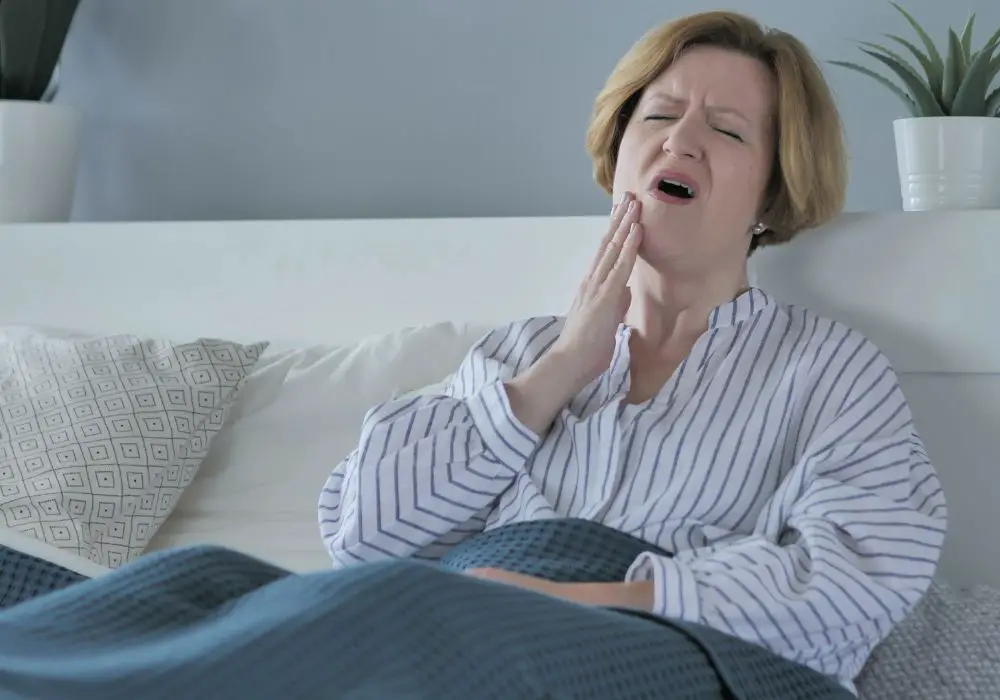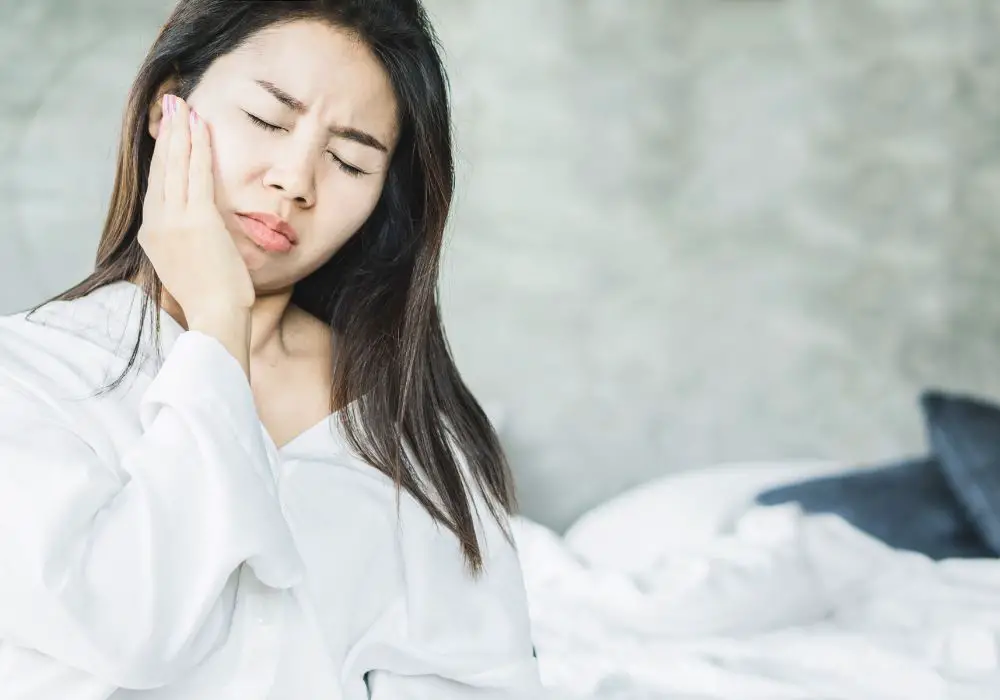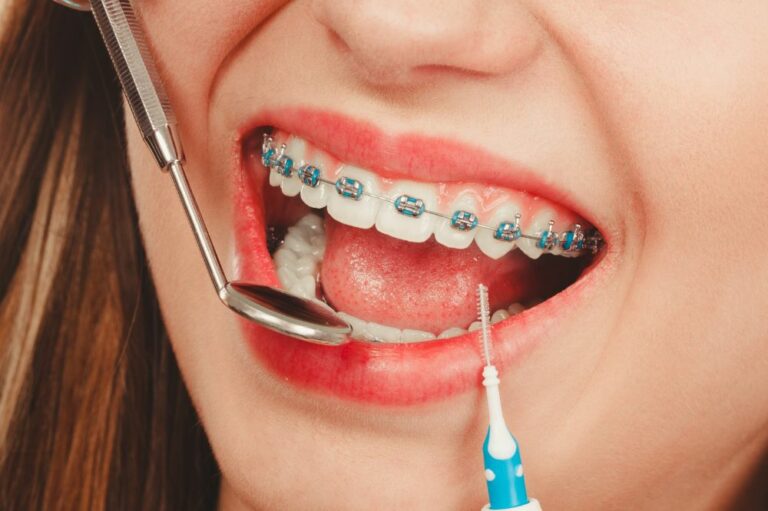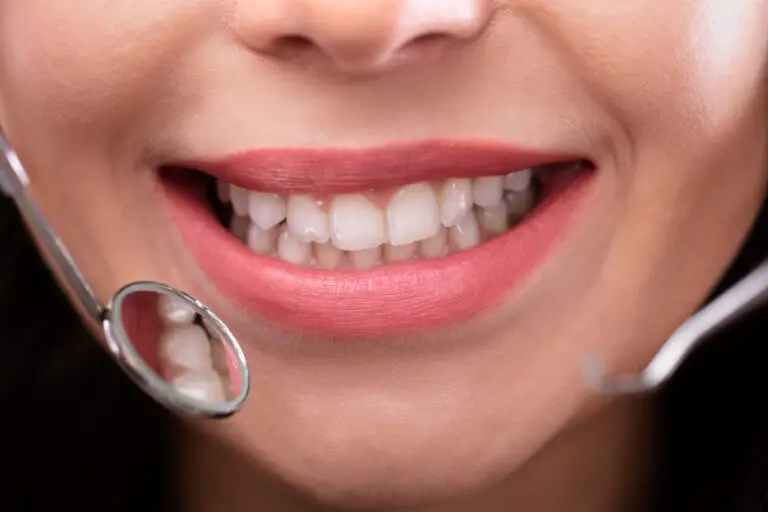Have you ever wondered why toothaches and dental sensitivity seem to intensify when you lie down to sleep at night? Many people experience pronounced nighttime exacerbation of dental pain and discomfort from issues like cavities, cracked teeth, and receding gums. What is it about body position, circulation changes, and other physiological factors that makes tooth problems more painful in the evening hours? Read on to learn the science behind why toothaches worsen at night and when you are lying down.
The Effects of Body Position and Gravity on Tooth Pain

One major reason toothaches tend to flare up at night involves the effects of head and body position relative to gravity. During the day when you are upright, blood and other fluids flow evenly downwards towards your feet. This allows circulation to all areas of your mouth. However, when you lie down at night, fluids shift and blood flow to your head increases.
More specifically, sleeping flat leads to these position-based issues that can exacerbate dental pain:
- Increased fluid pressure in the head – Lying horizontal means more blood and fluids rest in your head rather than flowing downwards. This increased volume exerts pressure on your upper teeth and gums that can inflame nerves.
- Changes in jaw and tongue position – Your lower jaw and tongue fall back towards your throat when lying completely flat. This alters your normal bite closure and exposes tooth surfaces and gums that are normally protected when upright. These areas have increased sensitivity when irritated.
- Less saliva circulation – Saliva flows and pools differently when you are horizontal. With less movement, saliva circulation in the mouth decreases. This reduces its protective effects on smoothing and lubricating tissues.
Gravity and body orientation changes mean your teeth are bathed and suspended differently when lying down. The result is altered pressure points, fluid volumes, and bite positions that contribute to aggravated toothaches as you try to sleep.
Nocturnal Changes in Blood Flow and Inflammation
Another factor in increased nighttime dental pain is your body’s natural circadian fluctuations in blood flow and inflammatory processes. Studies show that at night your:
- Blood pressure decreases – As your body shifts into sleep mode, your blood pressure drops up to 20% lower than daytime levels. This reduces blood circulation and oxygen delivery to your mouth’s tissues.
- Inflammation increases – Levels of inflammatory compounds like cytokines rise in the evening and peak at night. With less fresh blood flow removing waste products, inflammation is less regulated.
Diminished nocturnal circulation combines with higher inflammation to create a “perfect storm” for exacerbated dental pain when lying down. Nerves are under-perfused and dental problems less buffered. Teeth are literally “sitting ducks” for increased pain perception at night.
Common Dental Problems Causing Nighttime Toothaches

Now that you understand the dynamics of why body position and nocturnal circulation changes intensify tooth pain, let’s look closer at some of the most prevalent dental issues that provoke pain flares at night:
- Tooth decay – Cavities create porous areas in teeth where fluids can penetrate and stimulate exposed and inflamed nerve tissue in the inner pulp. This irritation is aggravated when lying down.
- Cracked and broken teeth – Fragile cracks expand, rub, and cause sharp pain when chewing pressure is removed at night. Fluids seeping into the cracks add to the intense discomfort.
- Exposed tooth roots – Gums naturally recede with age, revealing sensitive root surfaces no longer protected by gum tissue. These roots are directly aggravated by temperature changes and pressure when lying flat.
- Abscessed teeth – Pus and fluid pressure builds up inside infected teeth and gums, causing throbbing pain that intensifies when head pressure increases at nighttime.
- Bruxism and clenching – Chomping and grinding wears down and stresses teeth, leading to fractures and receding gums. Jaw muscle tension often triggers nighttime bruxism flares.
Clearly the causes of toothaches that disrupt sleep are multifaceted. However, all have in common vulnerable tooth structures exposed to fluids and pressure changes provoked by nighttime body position and circulation changes.
| Type of Dental Issue | Nighttime Position Change Effects |
|---|---|
| Cavities | Fluids penetrate and stimulate inflamed pulp |
| Cracked Teeth | Cracks expand, rub, and seep fluids |
| Exposed Roots | More directly aggravated by pressure and temperature |
| Dental Abscess | Increased pressure on built-up pus |
| Bruxism | Clenching stresses weakened, worn teeth |
Seeking Professional Dental Care for Nighttime Toothaches
If you experience recurring sleep disruptions from dental pain at night, don’t delay in getting a professional dental exam. A dentist can identify the exact cause of your discomfort and recommend appropriate, prompt treatment.
Trying to simply endure pronounced nighttime toothaches can have negative health consequences. Chronic sleep loss stresses your body and serious dental infections can spread without resolution.
Common dentist-prescribed treatments for nighttime dental pain include:
- Fillings and crowns to rebuild and protect decayed teeth
- Root canal therapy to remove inflamed pulp tissue
- Tooth extractions of non-restorable infected teeth
- Dental guards to prevent bruxism damage
- Medications to control infection and pain
- Dental implants to replace missing teeth
Work with your dentist to find the right solution for your particular type of toothache. Modern dental treatments can resolve the majority of painful dental issues – so you can sleep soundly and pain-free again.
Answers to Frequently Asked Questions About Nighttime Tooth Pain
Why does my tooth sensitivity increase so much when I lie down to sleep?
Lying flat leads to fluid pressure changes in the head, recumbent jaw position, and less saliva circulation – all of which aggravate inflammation and pain from dental problems.
What dental conditions most often cause pronounced nighttime tooth aches?
Cavities, cracked teeth, gum recession exposing roots, infected teeth, and bruxism from clenching/grinding are the most common causes of tooth pain worsening at night.
Should I take pain relievers to sleep when I have bad dental pain at night?
Trying to mask toothaches with medication can worsen the underlying problem. See a dentist promptly for diagnosis and effective treatment to resolve the pain permanently.
Can special mouth guards help relieve pain from teeth grinding and clenching?
Yes, custom dental guards cushion force from bruxism and also prevent the dental fractures and recession that exacerbate pain. They can greatly reduce associated nighttime toothaches.
Is getting an infected painful tooth extracted a reliable cure for the problem?
Extraction stops the focal source of infection and inflammation in severely damaged teeth. Removing the tooth relieves pain in these non-restorable cases. However, extractions should be a last resort when teeth cannot be saved by other methods.
Conclusion: Don’t Ignore Persistent Nighttime Toothaches
In summary, the science is clear about why many people suffer from increased dental pain when they lie down in bed at night. A combination of body position, gravitational effects, normal nocturnal circulation changes, and common dental problems all converge to provoke agonizing tooth sensitivity for the estimated 40% of the population who experience this issue. Don’t assume consistent nighttime dental discomfort will resolve on its own. Make an appointment with your dentist promptly to have the specific cause diagnosed and treated properly. Today’s dental treatments can alleviate even the most intense toothaches – allowing you to sleep soundly and wake up refreshed.






